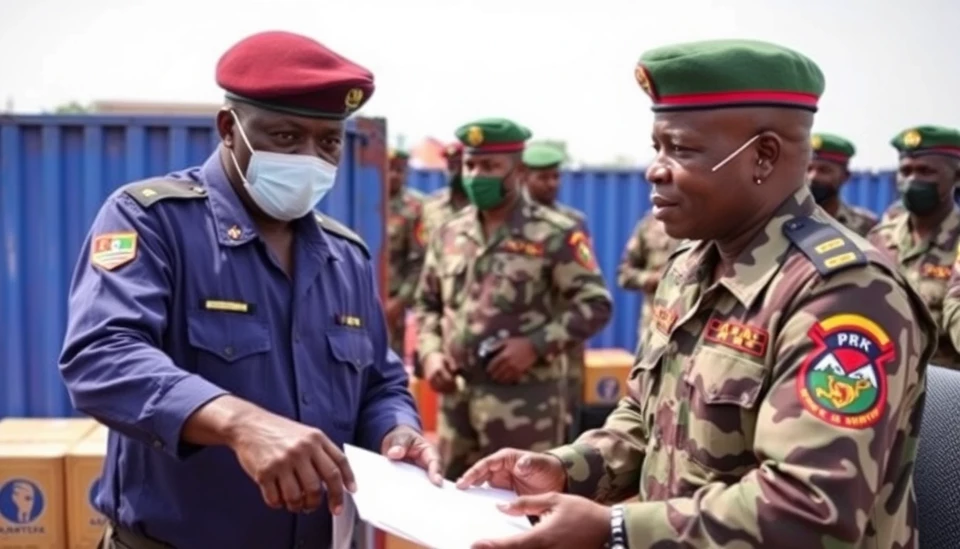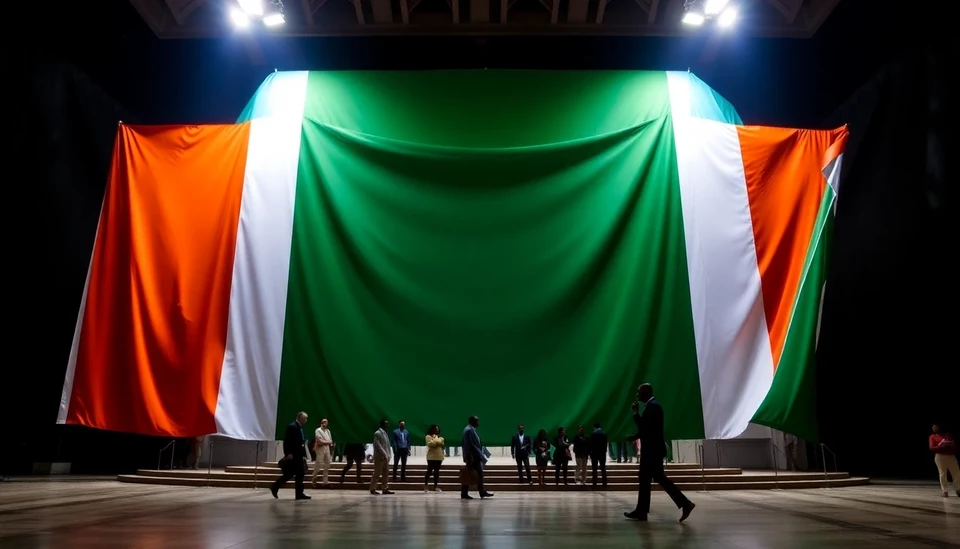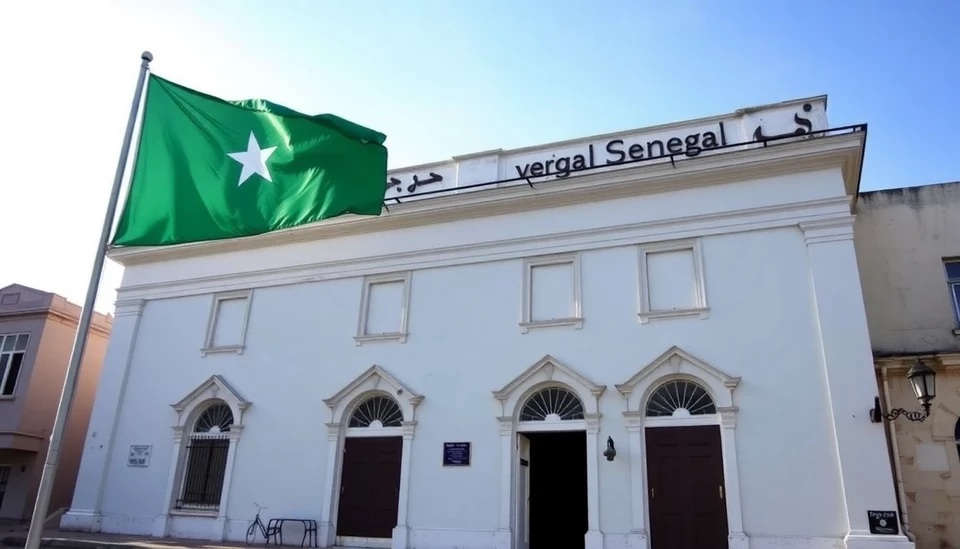
In a significant policy shift, the military juntas governing West African nations have decided to revoke the previous privilege of duty-free access for regional imports, resulting in an import levy that may disrupt trade dynamics within the Economic Community of West African States (ECOWAS). This development, which emerged on March 30, 2025, brings to an end a long-standing framework aimed at fostering intra-regional trade.
The decision stems from a combination of factors attributed to the juntas' need to bolster state revenues amidst precarious economic conditions and the ongoing geopolitical tensions that are reshaping trade practices across the continent. The abrupt move has been met with concern from various stakeholders, particularly local businesses that have relied on the favorable trade terms fostered by ECOWAS.
Importantly, the change in policy reflects an emerging trend whereby military regimes are opting to enforce stricter economic measures to strengthen their hold on power while simultaneously addressing the pressing financial demands resulting from the global economic environment. By levying these new import duties, these governments aim not only to generate additional revenue but also to exert greater control over imported goods.
The import levy is likely to affect a wide range of products including foodstuffs, textiles, and construction materials—all crucial to the lifeline of small and medium enterprises that constitute the backbone of the regional economy. Critics argue that imposing such levies could lead to increased prices for consumers and exacerbate existing economic hardships faced by the impoverished populations across these nations.
In a region that has already been grappling with instability and rising inflation, this new policy arrives as an additional challenge for communities deeply intertwined in the fabric of regional trade. The response from the business sector, particularly from exporters based in ECOWAS member states, has been overwhelmingly negative, with calls for a reassessment of the ruling becoming increasingly vocal.
The juntas' actions are also being closely monitored by international organizations and foreign governments, who may view such moves as detrimental to not only regional stability but also to broader African economic integration efforts. There are fears that this could hinder the aspirations of the African Continental Free Trade Area (AfCFTA), which aims to significantly boost trade between African nations, thereby fostering economic growth across the continent.
Moving forward, the implications of this import levy will likely continue to unfold, and stakeholders will need to navigate a rapidly evolving landscape that could redefine trade practices in West Africa for years to come.
As these military regimes commence their maneuvering within the economic sphere, the international community will remain watchful—balancing its responses to uphold democratic values while addressing the critical economic needs of the region.
In conclusion, the recent policy shift marks a pivotal moment in West African trade relations, reinforcing the necessity for adaptability amidst changing political landscapes and economic realities.
#WestAfrica #ImportLevy #TradePolicy #ECOWAS #EconomicStability #AfricanTrade #MilitaryGovernance #IntraRegionalTrade #SmallBusinesses #ConsumerImpact
Author: Laura Mitchell




